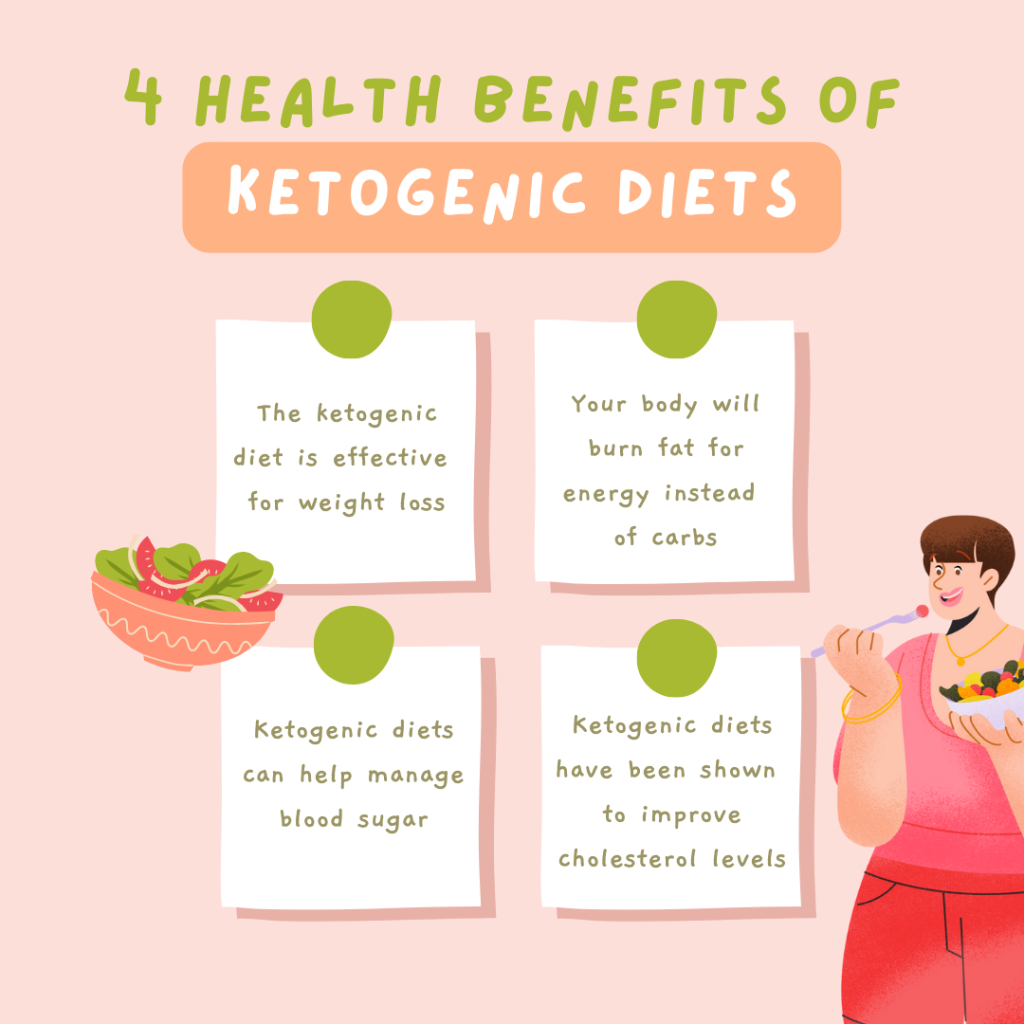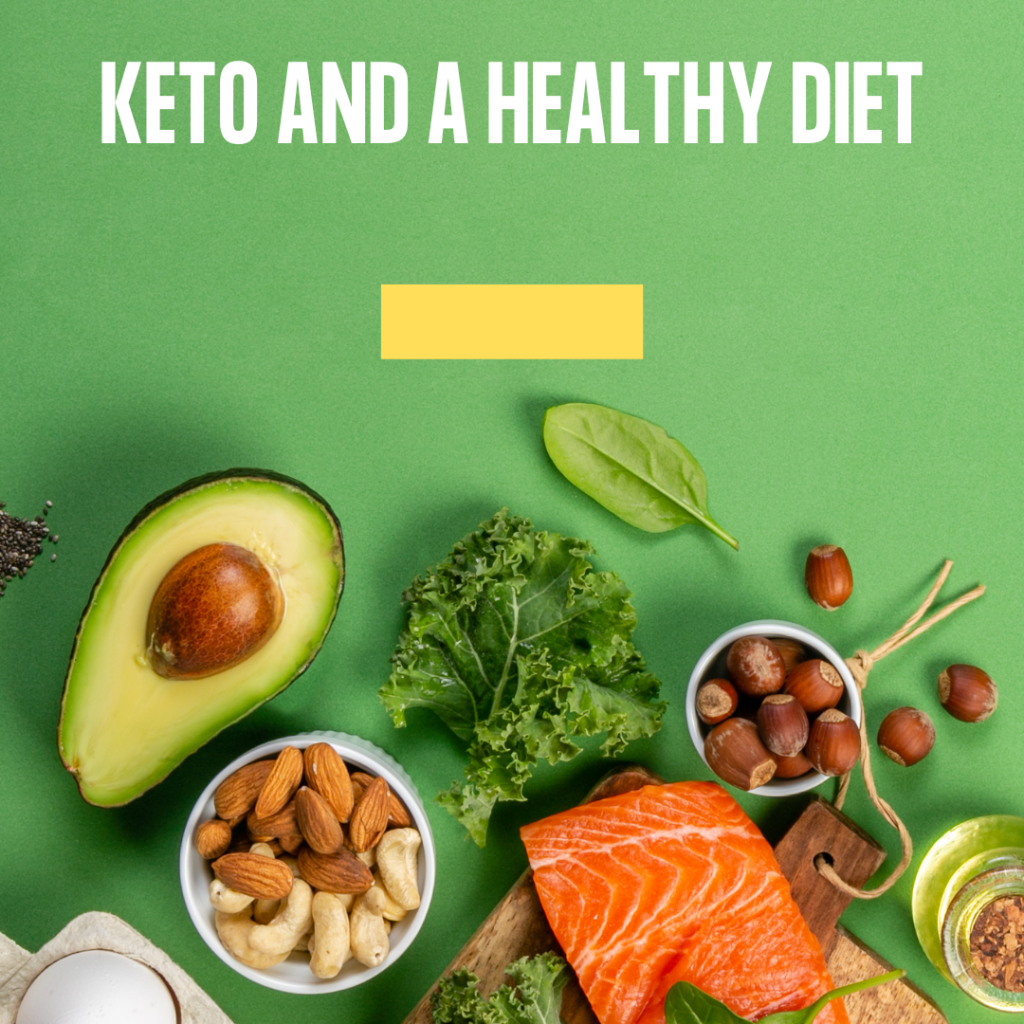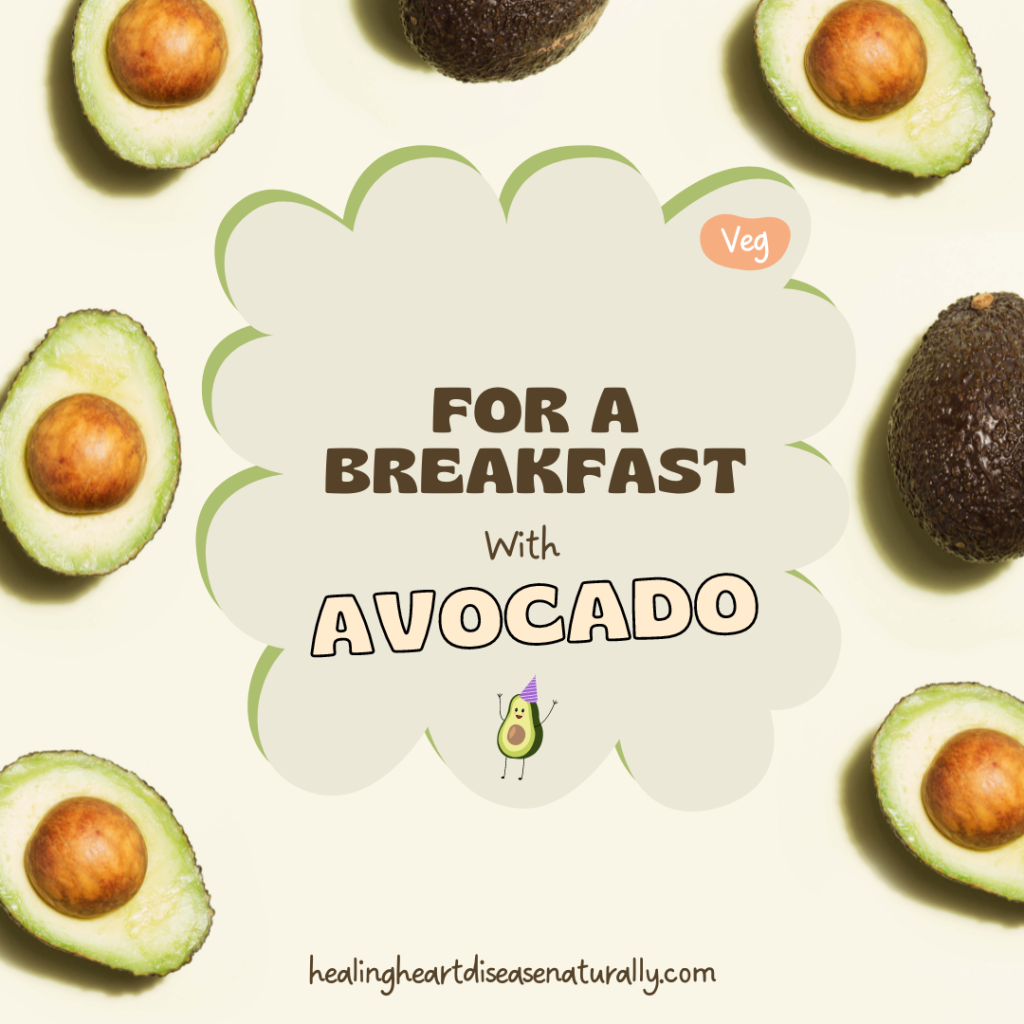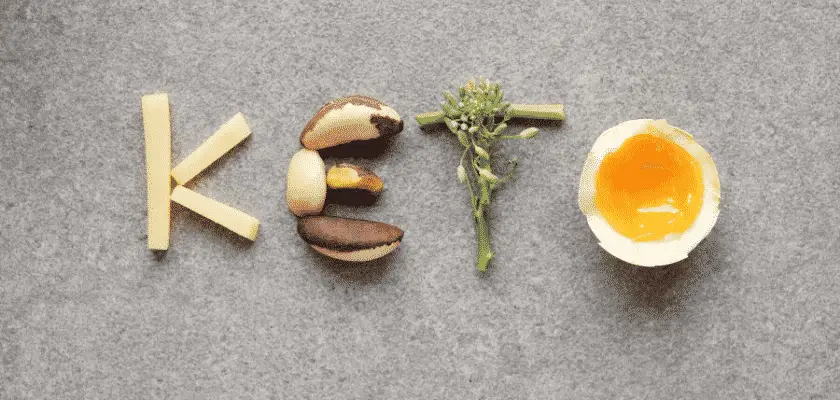The Ketogenic diet is also known as the keto diet is a low carbohydrate and moderate fat diet. It was originally designed for medical purposes to help people suffering from seizure disorders, and not to help people lose weight.
It involves reducing carbohydrate intake and replacing it with protein and fat intake. This guide to the Keto Diet for Beginners covers everything you need to know.
The reduction in carbohydrate intake puts your body into a metabolic state called ketosis, which is the state your body enters when it doesn’t have enough carbohydrates for your body cells to use for energy.

What Happens During Ketosis
During ketosis, the body undergoes a metabolic state in which it primarily relies on ketones for energy production instead of glucose.
Ketones are molecules produced by the liver from fatty acids when carbohydrate intake is low. This state is typically achieved through a ketogenic diet, which is characterized by a high-fat, low-carbohydrate, and moderate-protein intake.
When carbohydrates are restricted, the body’s glycogen stores become depleted within a couple of days.
As a result, insulin levels decrease, and the body starts breaking down stored fat into fatty acids.
These fatty acids are transported to the liver, where they undergo a process called ketogenesis, leading to the production of ketone bodies, including beta-hydroxybutyrate (BHB), acetoacetate, and acetone.
Once ketones are produced, they serve as an alternative energy source for various tissues, including the brain.
Unlike glucose, ketones can cross the blood-brain barrier and provide a significant energy supply to the brain.
This adaptation is crucial, as the brain typically relies on glucose for energy. Ketones also serve as an energy source for muscles and other organs.

During ketosis, several physiological changes occur in the body. These include:
- Increased fat metabolism: The body becomes more efficient at breaking down stored fat and converting it into ketones.
- Decreased insulin levels: With reduced carbohydrate intake, insulin levels decrease, which can have various effects on metabolism and blood sugar regulation.
- Increased ketone production: The liver produces ketone bodies to be used as an energy source by various tissues.
- Suppressed appetite: Ketones and a higher fat intake can contribute to reduced hunger and increased satiety, potentially leading to weight loss.
- Enhanced fat burning: As the body relies more on fat for energy, individuals in ketosis may experience increased fat burning, potentially resulting in weight loss.
- Increased mental clarity: Some people report improved mental focus and clarity while in ketosis, which may be attributed to the brain’s use of ketones as an energy source.
It’s important to note that while ketosis can have various benefits, it may not be suitable for everyone. Individuals with certain medical conditions or taking specific medications should consult a healthcare professional before attempting a ketogenic diet or entering ketosis.
Keto Diet for Beginners
The benefits of the keto diet plan include weight loss, fat loss, reducing your blood pressure.
It is also therapeutic for several brain disorders and reducing your appetite. It also leads to a reduction in blood sugar and insulin levels.
Boosting the insulin sensitivity, it leads to health benefits for people with type 2 diabetes.
The diet also has benefits on a variety of health conditions which may include: Heart conditions, Epilepsy, Cancer, Parkinson’s disease and many others.

Foods To Eat on a Keto Diet
If you plan on starting the keto diet you should base most of your meals around foods such as:
- Meat: steak, ham, sausage, Red meat, bacon, chicken and turkey.
- Eggs
- Real butter and cream
- Cheese: Unprocessed cheese (cheddar, goat, cream, blue or mozzarella).
- Plain Greek Yogurt and Cottage Cheese
How to Start the Keto Diet
- Consume enough fats.
2. Avoid simple carbohydrates such as flour, potatoes and sugar,
3. Maintain a moderate protein intake.
4. Get enough sleep.
5. Avoid stress
6. Exercise frequently.
7. Avoid snacking
How to Know You’re In Ketosis (symptoms)
- Dry mouth and increased thirst.
- Increased urination.
- Keto breathe.
- Reduced hunger.
- Increased energy.
Reasons Why You Are Not Losing on The Keto Diet.
Sometimes, even after practicing the diet, some people may observe that they have not lost any weight. Some of the reasons as to why you are not losing weight include;
- Not achieving ketosis-This is because of not cutting the intake of enough carbohydrates.
- Eating too much protein
- Eating too many acceptable carbs
- Consuming too much of these carbohydrates may result in weight gain.
- Constant snacking
- Drinking alcohol
- Most alcoholic drinks are high in carbohydrates.
- Little or no exercise
- Exercising stimulates the body’s metabolism and burns calories.
- Underlying medical conditions
Some of the conditions that may contribute to weight gain include hypothyroidism, polycystic ovary syndrome (PCOS), high insulin levels and, Cushing’s Syndrome. The keto diet for beginners will help these conditions.
Side Effects of Keto Dieting.
Many people who start practicing this diet experience the ‘keto flu”. To minimize the flu you can try a regular low carbohydrate diet for the first few weeks.
By doing this, it may train your body to burn more fat before you completely eliminate carbohydrates intake.
A Ketogenic diet can also change the water and mineral balance of your body, consider adding extra salt to your meals or taking mineral supplements, it can help.
The effects of the keto diet include: Headache, Fatigue, Dizziness, Light nausea, Difficulty focusing (“brain fog”), Lack of motivation and Irritability
Dieting Tips
The following tips may help a person aiming to lose weight through this diet by avoiding some minor mistakes:
- Keeping a food journal: By keeping track of what you eat throughout the day, you can be able to identify your eating patterns. By doing this it’s possible to identify the minor eating habits or foods that are preventing you from losing weight, for example, the constant snacking.
2. Drink a lot of water: By drinking plenty of water, it helps fill your stomach and this may help to keep you from overeating or snacking too much throughout the day and also keeps you hydrated.
3. Chewing sugarless gum: Chewing sugarless gum can help reduce your cravings for sweet foods. It may also help you minimize unnecessary snacking between or before meals.
4. Getting plenty or enough sleep: Sleep helps regulate your body’s normal cycles, and it may also help reduce stress levels.
The keto diet for beginners is generally not hard, but it’s not simple. This is an excellent article that explains carbohydrates and the number of carbs needed.
Nutrient Deficiencies
If you don’t eat a wide variety of vegetables, you may be at risk for deficiencies in micronutrients, including selenium, magnesium, phosphorus, and vitamins B and C. The keto diet is a diuretic diet. Carbohydrates retain fluid, and when you decrease your intake of carbs, you will not retain fluid.
Constipation: The keto diet is low in fibrous foods like grains and legumes. This may lead to constipation because of the lack of fiber.
If you are planning on practicing the keto diet for the first time, it’s advisable to consider talking or consulting a doctor or a registered dietitian before ever attempting the keto diet to make sure you’re being safe.
Conclusion
The keto diet has taken the world by storm, and rightfully so! To help you out, here is the Keto Diet for Beginners. Scientists are now understanding the role of insulin. Insulin is the fat-storage hormone. Excess insulin also causes inflammation.
When you eat excess carbs such as sugar, flour, and starched vegetables, your body becomes inflamed because of the excess insulin.
I have witnessed the keto diet take people off of blood pressure pills and insulin.
People have reduced their cholesterol and lost tons of weight on the keto diet. Scientists are doing research on the keto diet every day, and they are finding more benefits every day.


